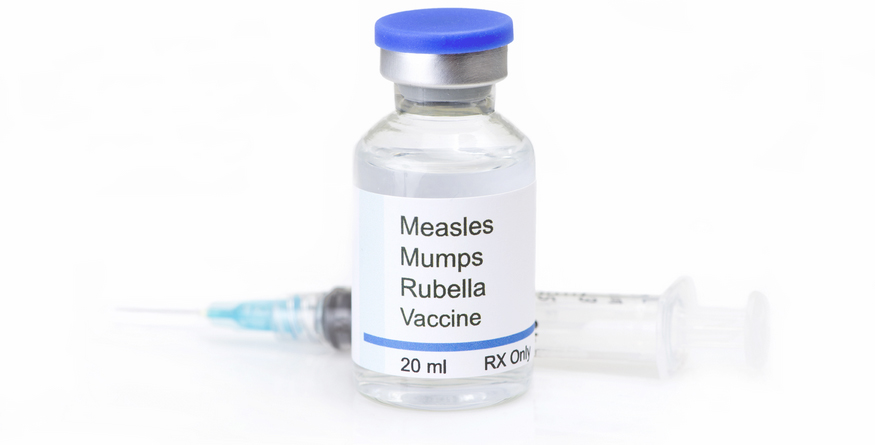Measles can be serious
Measles is a very contagious disease caused by a virus. It spreads to others through coughing and sneezing. It is so contagious that if one person has it, up to 90% of the people around in a closed space may also become infected if they are not protected.
Measles can be dangerous. It can lead to pneumonia, encephalitis (swelling of the brain), and death. The best way to protect against measles is to get the measles-mumps-rubella shot (called the MMR shot). Doctors recommend that all children get the MMR shot. Make sure to protect your children by vaccinating them.
Measles outbreaks
Measles cases and outbreaks have been reported in the U.S. in 2019. This contagious disease can spread quickly in communities where people are not vaccinated.
Some parents refuse to vaccinate their children amid incorrect claims around the world linking the vaccines to autism, but the CDC and global health agencies like the World Health Organization recommend that children receive two doses of measles-rubella or measles-mumps rubella.
Anyone who is not protected against measles, including children too young to be vaccinated, are at risk of getting infected. That’s why it is so important to be up to date on vaccinations, including before traveling abroad.
Every year, unvaccinated U.S. residents get measles while they are abroad and bring the disease into the United States and spread it to others. Measles is common in other parts of the world, including countries in Europe, Asia, the Pacific Islands, and Africa. Worldwide, about 20 million people get measles each year. When people with measles travel into the United States, they can spread the disease to unvaccinated people including children too young to be vaccinated.
Symptoms
Measles starts with a high fever. Soon after, it causes a cough, runny nose, and red eyes. Then a rash of tiny, red spots breaks out. It starts at the head and spreads to the rest of the body.
With information from the CDC




